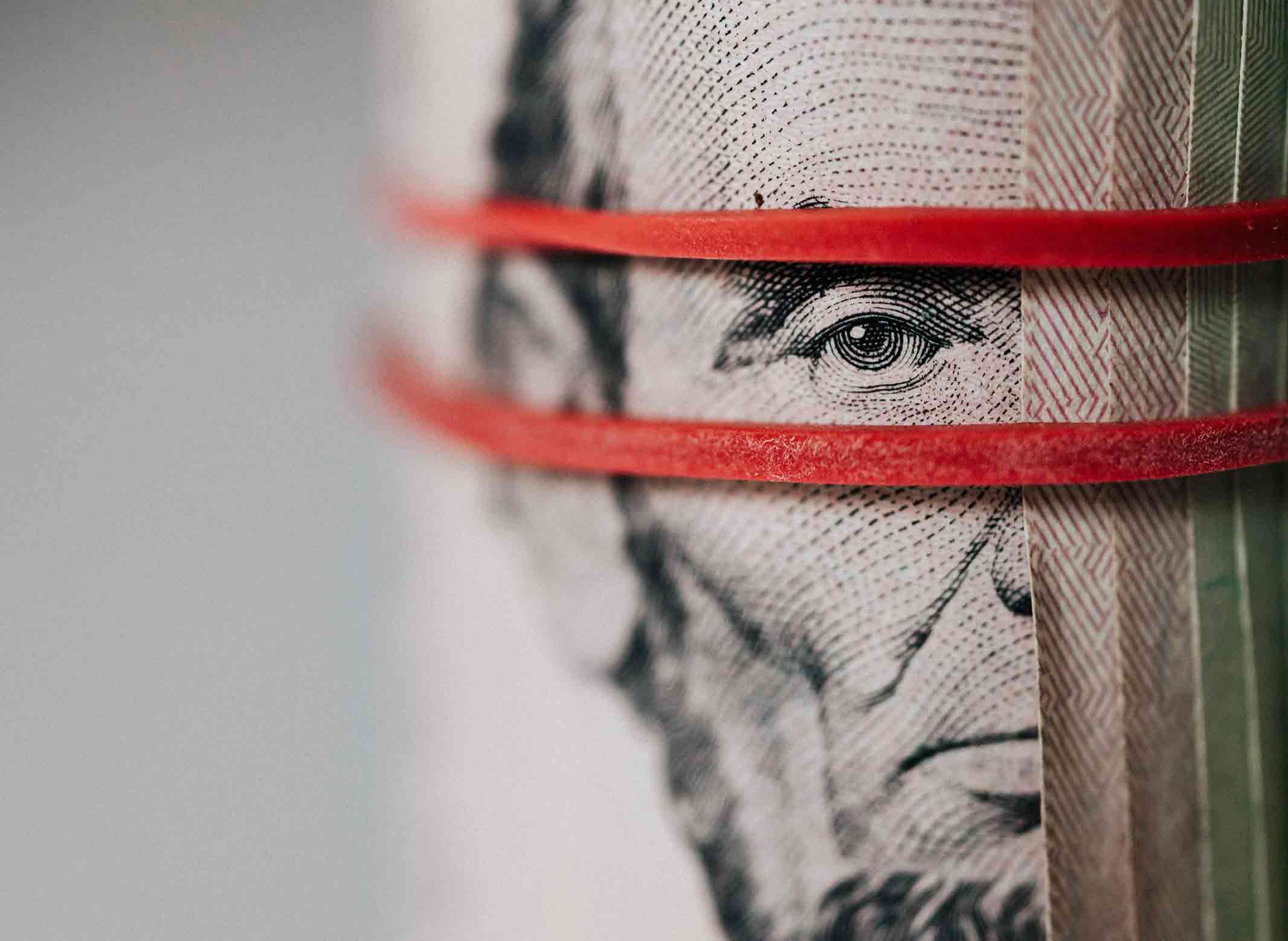Interest rates are soaring not only in the US but all over the Western World. As they might skyrocket until the end of 2022, we need to look closer at their relationship with credit scores. After all, these rates do affect the cost of loans, having a significant impact on our financial stability. Let us dig deeper into that topic!
What Are Interest Rates & Credit Scores?
A credit score is a unique number, which measures and also indicates the creditworthiness a US citizen possesses. This indicator shows all lenders your ability to repay borrowed money on time. In other words, the higher your credit score is, the more likely you are to receive good lending proposals. These include not just credit cards but also applying for car loans or mortgages.
When it comes to interest rates, these describe how much money your bank will make by lending you a certain sum. The higher an interest rate gets, the more you have to repay including the additional costs. When it comes to many bank offers, you can either apply for variable rates or fixed ones, which we discuss in this article.
There is an important relationship between interest rates and your credit score. The better you score on your credit reports, the more likely a financial institution is to prepare a better loan offer. What is more, the higher your score is, the lower rates you can get.
Article that may interest you: Fixed Rates & Variable Rates – All You Need to Know About Interest Rates
Does Credit Score Impact Credit Card Rates?
The simple answer is: yes, it does.
Credit cards can offer different APRs, for example, from 13.99% to 22.99%. Your credit score is one of the most important factors that banks review when selecting your final APR.
A specific interest rate is not advertised by card issuers in relation to your credit score. In other words, rates are decided only after you apply for a credit card. In general, you may anticipate a reduced APR if you have a decent credit score. On the other hand, a lower credit score should give you a higher rate.
What About Loans?
In the case of loans, an average rate rather than a range is frequently the case. You can be eligible for a rate that is at or below average if you have good credit. Moreover, you can get a rate that is significantly higher than normal if you have a poor credit score.
However, you will only find out what your APR is once you have applied for a loan. It is worthwhile to check different lenders’ offers since they can provide various interest rates.
How to Improve Interest Rates?
When your credit score results in you being authorized for a loan with an unfavorable interest rate, banks are obligated to provide you with a free copy of your credit score. A few specifics regarding the factors influencing your credit score will also be included in the credit score disclosure.
The following factors play an important part in your credit adding up to 100% of the FICO score:
- Payment history (35%).
- Amounts owed (30%).
- Length of credit history (15%).
- Credit mix (10%).
- New credit (10%).
You might attempt to enhance your credit score to increase your chances of obtaining lower interest rates. It is crucial when taking out a large loan like a mortgage since a better credit score might result in hundreds less in monthly payments. Over the course of the loan, you might save tens of thousands of dollars in interest.
That is a deal worth working on with a little help from your friendly credit fix company.
